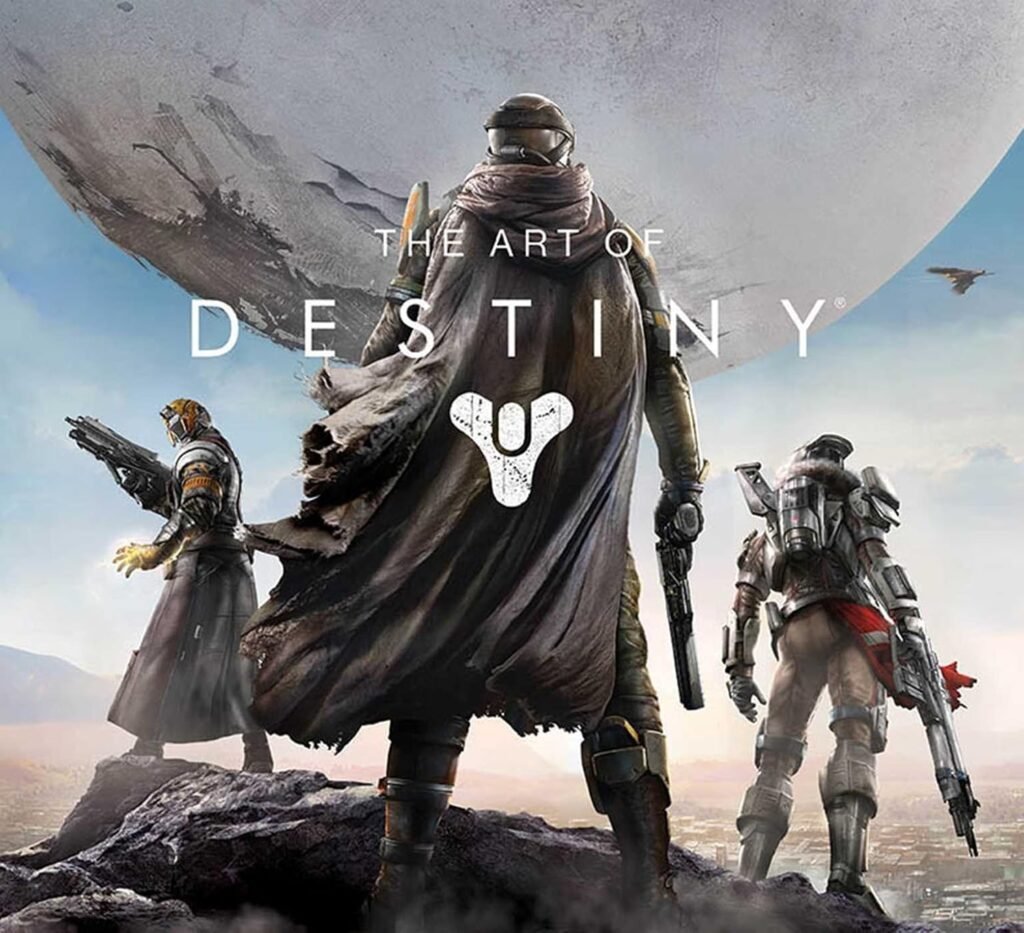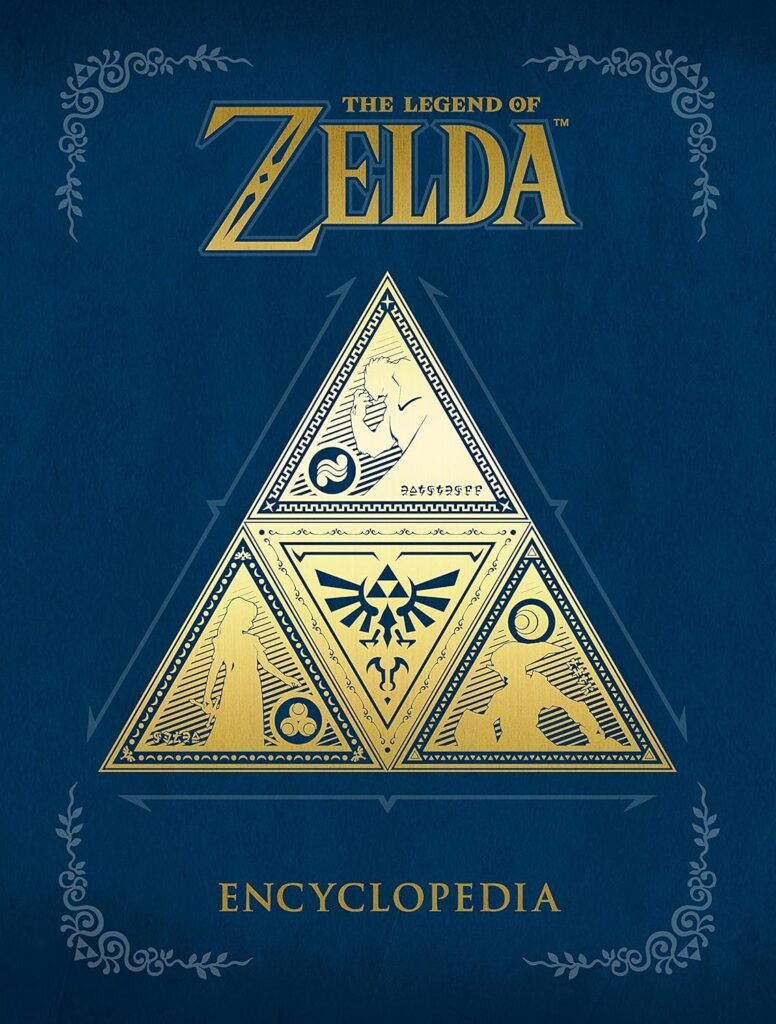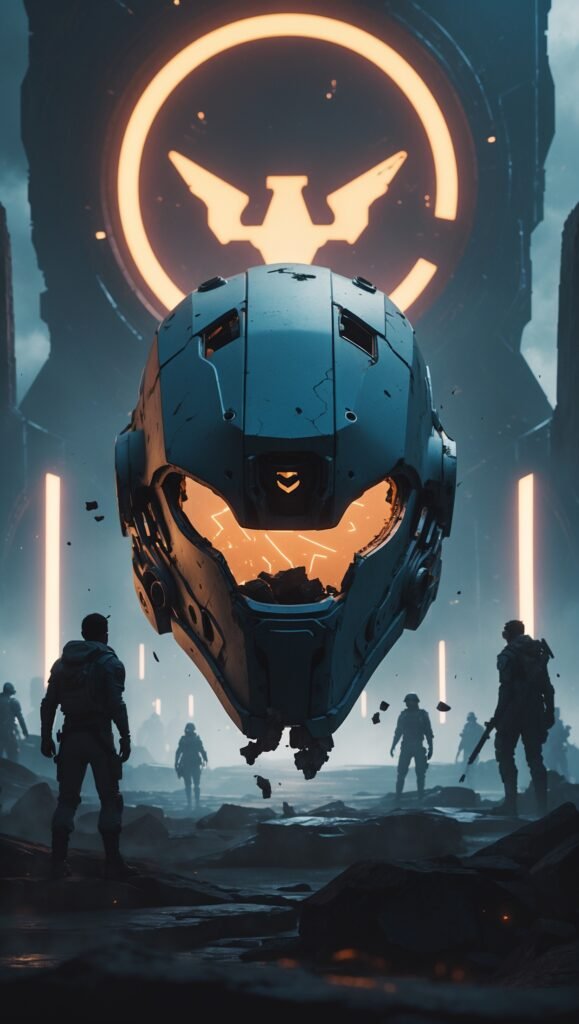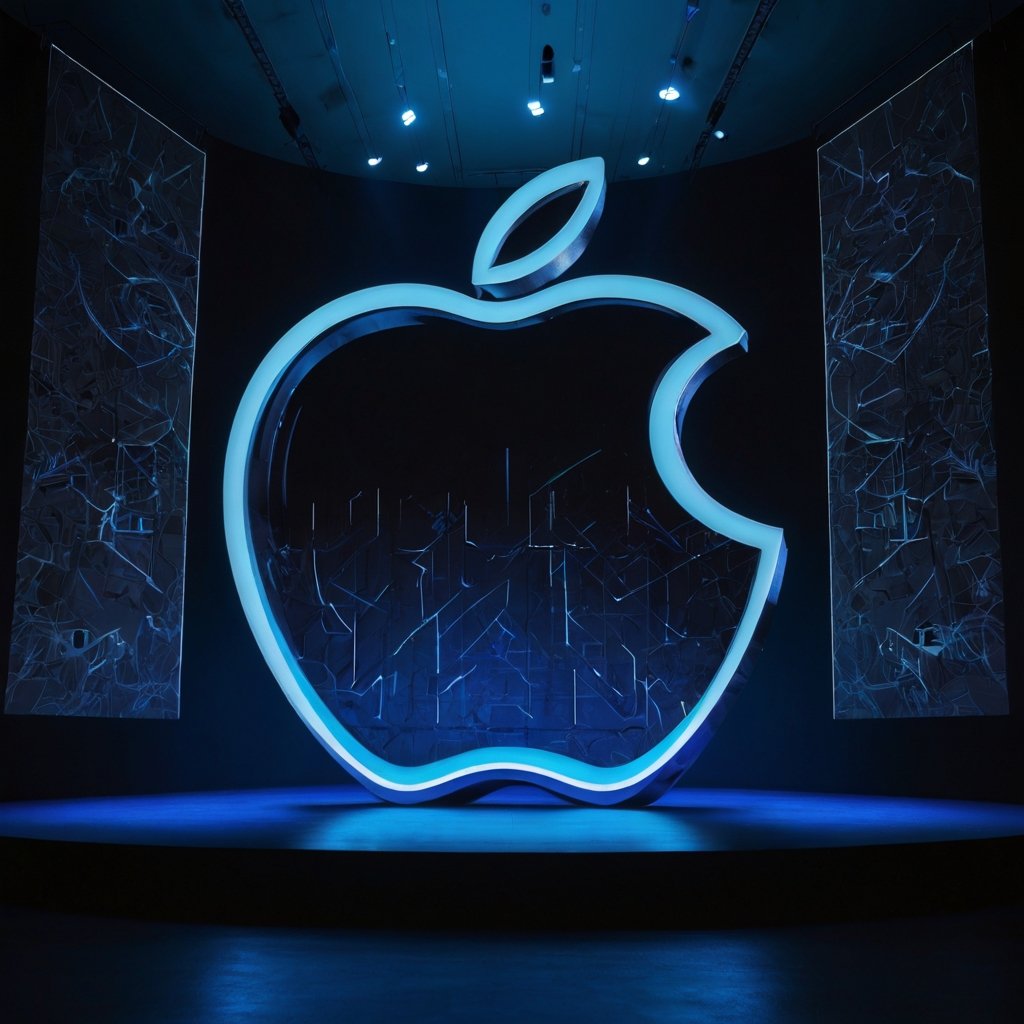Destiny 2 Players Sue Bungie Over Content Vaulting, Picture receiving a game enjoying its incredible worlds and thrilling quests, and then, out of nowhere, sections of it go missing without notice. That is what some players of Destiny player trust issues, and it has landed Bungie in hot water once again.
Let us discuss the latest gaming news and why the company that makes the well-known Destiny 2 game, Bungie, is facing a lawsuit. This blog will explain the issue to you in simple terms and what it could potentially imply for gamers and the gaming world in general.
Content Vaulting: The Breaking Point for Player Trust?
First, let’s try to get on the same page with “content vaulting” itself. Bungie mentioned this idea back in 2020 with the Destiny player trust issues Beyond Light expansion. Basically, content from far, far back whole planets, campaigns, and activities were removed from the game in order to “make space” for new content and not make the game too massive.
In theory, it was meant to refresh the game. In practice, individuals who paid for this content were horrified to find it disappeared not simply buried, but completely unplayable.
Key Examples of Vaulted Content:
- Campaigns: The Red War, Curse of Osiris, and Warmind
- Locations: Mars, Mercury, Titan, and Io
- Raids and Activities: Leviathan, Scourge of the Past, and others
Monetization and the Trust Crisis
Imagine going to a cinema, buying a ticket for a set of movies, and then after watching one movie, having the remaining taken off the bill. That‘s how Destiny 2 players felt. People bought downloadable content (DLCs) and expansions, only for Bungie to remove them without refunds or substitutes.
This is no longer frustration now it‘s a legal issue. Now Bungie is being sued in a class-action suit. Gamers are complaining that they paid for content expecting they‘d have it forever. Bungie states their terms of service (all that dense paperwork nobody reads, right?) allow them to remove content anytime. Is that moral?

The Class Action Lawsuit Against Bungie
Filed in Washington, this lawsuit could set a big precedent in the video game world. Here’s what the lawsuit is claiming:
- Deceptive Practices: Bungie marketed expansions as permanent parts of the game.
- Breach of Contract: Players believe that buying DLC means keeping it forever.
- Loss of Value: Once content is removed, players say their purchases lose their worth.
This isn’t the first time a game company has gotten heat for changing or removing content, but what makes this different is the sheer size of what was taken away and the lack of clear communication.
Can Bungie Rebuild Player Trust After Destiny 2’s Missteps?
Bungie defends its vaulting strategy by saying it’s necessary to keep Destiny 2 “sustainable.” They’ve promised that some content will return in the future, revamped and improved. However, they remain firm that their user agreements give them the right to manage game content however they see fit.
Still, that doesn’t sit well with fans who paid $40 or more for expansions that are now unplayable. Shouldn’t digital purchases mean long-term access?
What This Means for Gamers
This issue isn’t just about Bungie or Destiny 2. It’s a red flag for the entire digital gaming industry. We’re moving into a future where most games are downloaded, not bought on discs. That makes ownership murky.
What You Can Learn from This:
- Read the fine print yes, seriously!
- Be cautious with pre-orders and season passes
- Support companies that value transparency
What Might Happen Next
If the class action against Bungie succeeds, it could change the way game developers handle and advertise digital content and Destiny player trust issues. Companies might have to:
- Guarantee longer-term access to paid content
- Offer refunds or replacements when content is removed
- Be more transparent in marketing and user agreements
How Does This Compare with Other Game Publishers?
Other games, like Fortnite or Warframe, evolve constantly but rarely remove paid content entirely. Even World of Warcraft, known for its expansions, keeps old zones and quests accessible. Bungie’s vaulting strategy is unique and controversial.
Here’s a quick comparison to give you a better idea:
| Game | Paid Content Removed? | Player Response |
|---|---|---|
| Destiny 2 | Yes (Vaulted Content) | Massive backlash; legal action |
| Fortnite | No | Generally positive |
| World of Warcraft | Rarely | Neutral to positive |
| Call of Duty | Slight removal (limited-time modes) | Mixed reviews |

Unlock Hyrule’s Secrets – Own the Ultimate Zelda Collector’s Encyclopedia Today
Is This the End of Destiny 2?
Not quite. Destiny 2 has a fan base, and Bungie continues to release new stuff like Lightfall and the upcoming Final Shape. But the trust issue? That‘s going to take longer to mend than a patch fix.
Players love Destiny‘s world. But love can curdle into bitter resentment, especially when money and trust are involved and content just disappears into thin air.
Final Thoughts: What Should Players Do?
If you’re a Player backlash in Destiny 2 or just a fan of video games stay informed. Keep your eyes on how this lawsuit unfolds. This might set standards for all digital game purchases moving forward.
To Recap:
- Bungie is being sued over removing paid content from Destiny 2.
- Players claim they were misled and feel cheated.
- This could impact how all game companies handle content ownership and user rights.
As we move toward a fully digital gaming world, these issues will only become more important. Will developers own the games forever, or do we, the players, have a say in what we pay for?
Let’s hope the answer works in favor of gamers everywhere.
Looking to Learn More?
- Guide to Vaulted Content in Destiny 2
- Legal Rights in Digital Game Ownership
- Destiny 2’s Upcoming Roadmap
Join the Conversation
Have you lost access to the content you paid for? Are game developers crossing the line or doing what’s necessary to keep games running smoothly? Share your thoughts below!


